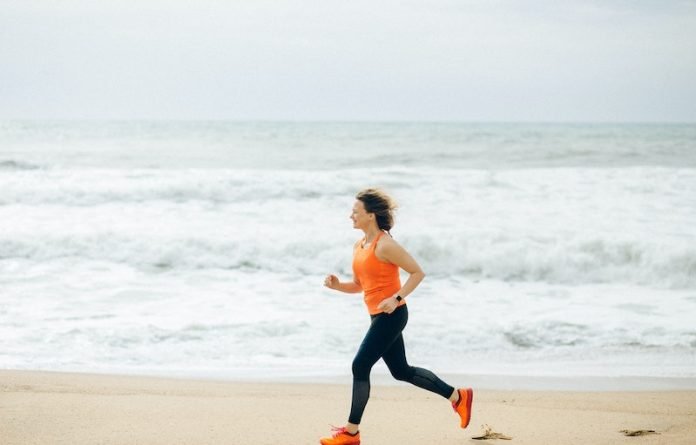
In a study from the U.S. National Cancer Institute, scientists found that for people over 40, regular exercise may keep them out of the hospital.
They found that among nearly 82,000 British adults, those who regularly exercised were less likely to be hospitalized for various health conditions in the coming years.
The list included such common ills as pneumonia, stroke, diabetes complications and severe urinary tract infections.
The findings suggest that if middle-aged and older people added just 20 minutes of exercise to their daily routine, they could cut the risk of those hospitalizations by anywhere from 4% to 23% over seven years.
The study expands on what people typically see as the benefits of exercise—like a trimmer body, improved fitness and a healthier heart.
The findings are based on data from a large ongoing research project called the UK Biobank.
In the study, the team used data from nearly 82,000 participants between the ages of 42 and 78 who spent a week wearing wrist monitors that recorded their physical activity.
The team looked at the link between those activity levels and participants’ odds of being hospitalized in the coming years.
After roughly seven years, more than 48,000 study participants did end up in the hospital, for a host of reasons. When it came to nine of those health issues, though, people who were more physically active had lower risks.
The big nine were gallbladder disease, UTIs, blood clots, stroke, diabetes complications, pneumonia, iron-deficiency anemia, colon polyps and diverticular disease (where small “pouches” form in the wall of the colon).
The researchers estimate that it takes only an extra 20 minutes of moderate-to-vigorous cardio each day to curb the odds of being hospitalized for the nine conditions the study identified.
That ranged from a 4% dip in the risk of hospitalization for colon polyps to a 23% drop in the chances of landing in the hospital due to diabetes.
The team says “moderate-to-vigorous” is a fairly broad range. Plus, the amount of exercise a person needs varies with the ultimate goal: If you want to lose weight, he noted, the more calories you burn, the better.
But the main message is that almost any physical activity is better than inactivity.
If you care about exercise, please read studies about exercise that may slow down bone aging, and this exercise is vital to improving longevity in older people.
For more information about health, please see recent studies that Paleo diet plus exercise could boost heart health in people with diabetes, and results showing that DASH diet for high blood pressure may reduce gout symptoms.
The study was conducted by Eleanor Watts et al and published in JAMA Network Open.
Copyright © 2023 Knowridge Science Report. All rights reserved.



